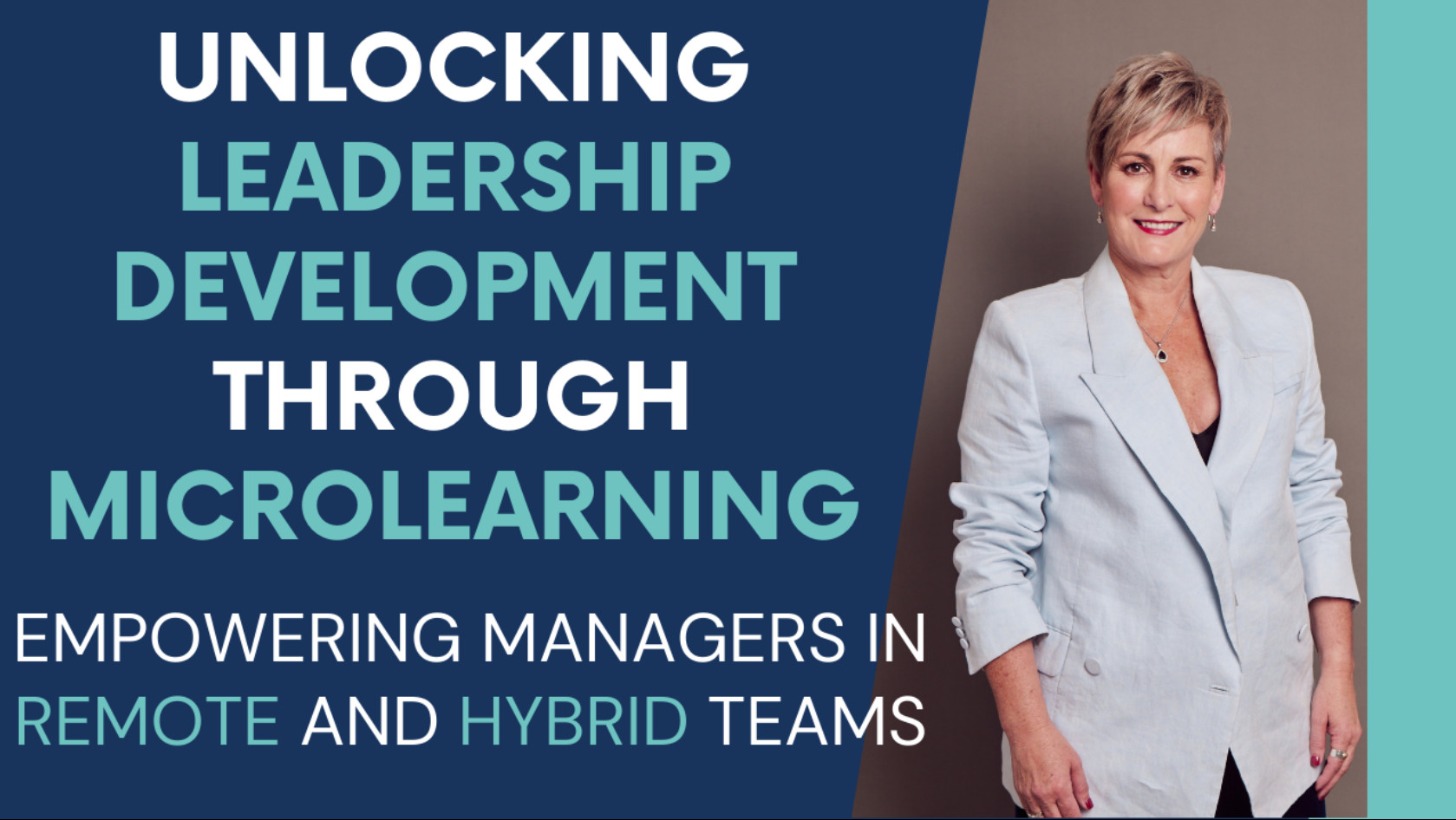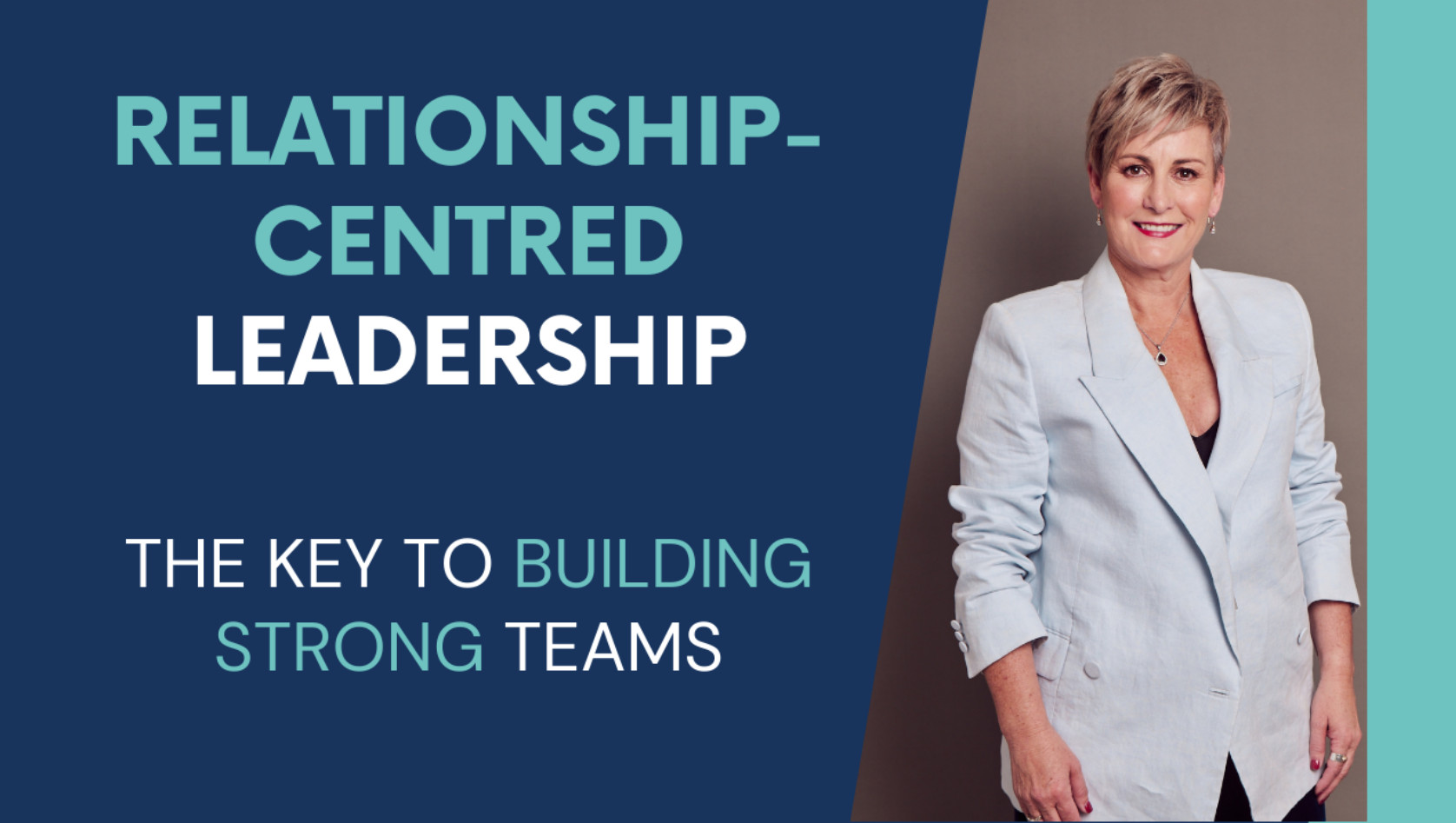Unlocking Leadership Development Through Microlearning: Empowering Managers in Remote and Hybrid Teams
Remote and hybrid models have become the norm, which means effective leadership development is more crucial than ever. Managers are expected to navigate a complex set of challenges, from maintaining team engagement to fostering collaboration across distances. Traditional training methods often fall short in addressing these needs, especially when it comes to time constraints and






